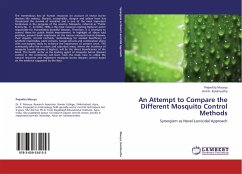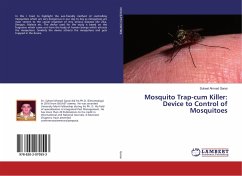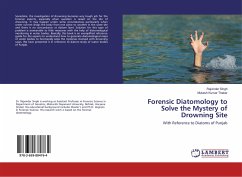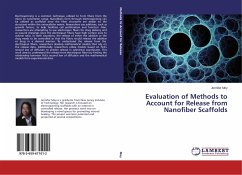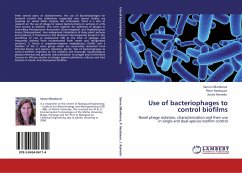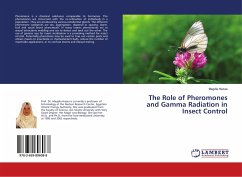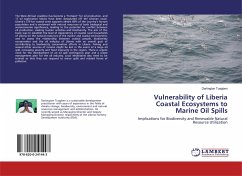The tremendous loss of human resources on account of vector borne diseases like malaria, filariasis, encephalitis, dengue and yellow fever has threatened the survival of mankind and is one of the most important hindrances in the progress of the country. Mosquito, referred as Public Enemy No. 1 , by WHO, 1996, is the most nuisance creating Dipteran vector responsible for transmitting dreadful diseases. Therefore, it is necessary to control them for public health improvement. In highlight of above said problem, present book emphasize on the various mosquito borne diseases, their impacts, control methods, methodology for studied bioefficacy of synthetic insecticides, plant extracts, fungal extracts and combination along with non-targets study to enhance the importance of present work. The community who live in urban and suburban areas, where the incidence of mosquito borne diseases is highest, will be the direct beneficiaries of the book. The health sector as the leading agent of mosquito borne diseases control in the community will learn from the book how to utilize the natural resources and implement mosquito borne diseases control based on the evidence suggested by the data.

